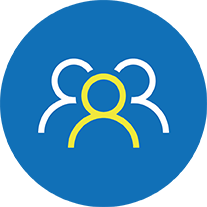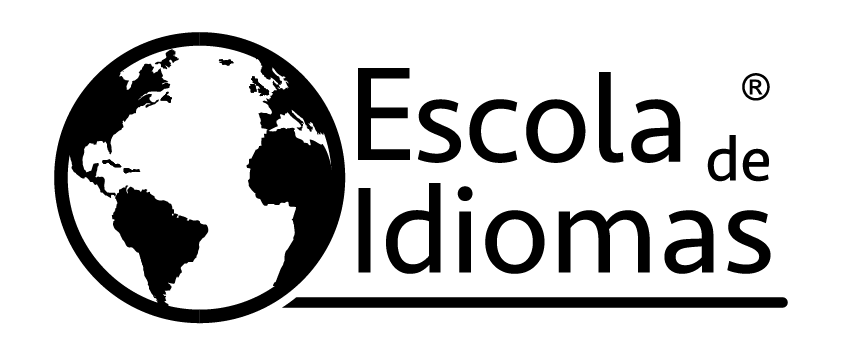Curso de Italiano

The language of love
Italian! Ahhh the language of love! Whether you're a food lover who just wants to know how to properly order a cappuccino or you have a little experience under your belt and want to take your intermediate to advanced level, you're not alone. Italian is the fourth most studied language in the world, and there is no better place to learn it than the Escola de Idiomas.
Make your registration

The language of love
Italian! Ahhh the language of love! Whether you're a food lover who just wants to know how to properly order a cappuccino or you have a little experience under your belt and want to take your intermediate to advanced level, you're not alone. Italian is the fourth most studied language in the world, and there is no better place to learn it than the Escola de Idiomas.
Make your registration

Custom Lessons
Small classes mean more personal attention for each student. You will improve quickly because you will have many opportunities to communicate with your classmates and teachers.

Real Communication
You will be talking as much as possible and learning to communicate in different types of situations.

Quality seal
Our students can choose a variety of programs according to length, intensity, interest level and specific needs.
Parli italiano?
We invite you to do this simple Italian Test to define your Language Proficiency.

A great influence
The Italian language has a great influence from classical Latin. In the Roman Empire there were two types of Latin: classical, spoken by the most influential Romans or by the inhabitants of the original area of Rome, and vulgar, spoken by soldiers and people dominated by the Romans.

Dante Aligheri
Italian was formalized in the 14th century with the works of Dante Aligheri, who mixed the Sicilian dialects of southern Italy with his Tuscan dialect to write epic poems known as The Divine Comedy.

Better late than never
Italian is a Romance language, that is, it is derived from the evolution of Vulgar Latin, such as French, Spanish and Portuguese. As soldiers had more contact with settlements in occupied territories, Vulgar Latin became the most widely spoken throughout the Roman Empire.

Other seas
Italian is a language that belongs to the Indo-European families, spoken in the Italian peninsula, southern Switzerland, San Marino, Sicily, Corsica, Sardinia, and the northern coast of the Adriatic Sea, as well as in North and South America.
How it all began
How it all began

A great influence
The Italian language has a great influence from classical Latin. In the Roman Empire there were two types of Latin: classical, spoken by the most influential Romans or by the inhabitants of the original area of Rome, and vulgar, spoken by soldiers and people dominated by the Romans.

Better late than never
Italian is a Romance language, that is, it is derived from the evolution of Vulgar Latin, such as French, Spanish and Portuguese. As soldiers had more contact with settlements in occupied territories, Vulgar Latin became the most widely spoken throughout the Roman Empire.

Dante Aligheri
Italian was formalized in the 14th century with the works of Dante Aligheri, who mixed the Sicilian dialects of southern Italy with his Tuscan dialect to write epic poems known as The Divine Comedy.

Other seas
Italian is a language that belongs to the Indo-European families, spoken in the Italian peninsula, southern Switzerland, San Marino, Sicily, Corsica, Sardinia, and the northern coast of the Adriatic Sea, as well as in North and South America.
INTERNATIONAL CERTIFICATES OF LANGUAGE SUFFICIENCY
Foreign language proficiency tests are one of the requirements to enroll in undergraduate courses abroad or to compete for scholarships. The countries of the European Union, in general, follow a common table of language proficiency levels. The scale is divided into six levels, ranging from A1, the most basic, to C2, expert. In general, the requirement to study abroad is B2 (equivalent to an advanced intermediate) or the levels above this, which are C1 (fluent) and C2 (native).
CILS
PLIDA
CELI
CERTIT
AIL






